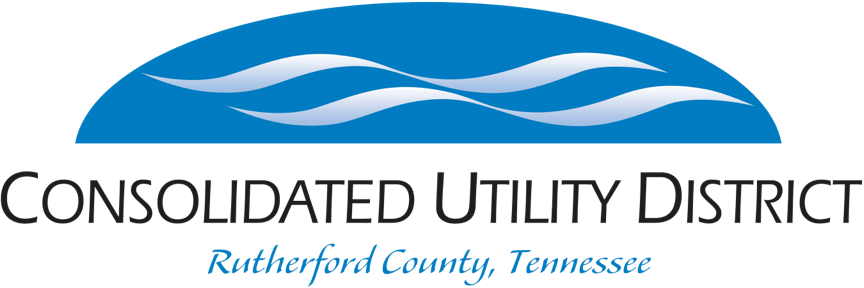STEP System Maintenance
Understanding what keeps your Septic Tank Effluent Pumping (STEP) System working can help you prevent costly repairs and structural failures. Your home’s STEP System uses gravity to push wastewater through your plumbing line and eventually to your neighborhood’s STEP field.
To keep your system operating correctly, CUD offers the following advice …
• Call Consolidated Utility District (CUD) at 615-893-7225 if the STEP alarm on the side of your home activates (it will sound like a smoke alarm). you can silence it by pushing the light directly above the “PUSH TO SILENCE” label or the silence toggle switch on the left side of the control panel.
• If your STEP system needs service after normal business hours, CUD has on-call technicians who will visit your STEP field and access the control room to diagnose and address the issue. CUD is responsible for maintenance of your STEP system as part of the monthly sewer fee.
• If a power outage occurs, it is not necessary to call CUD. Your system is designed to work normally once power returns. Your tank also has capacity for approximately 24 hours of limited use in a power outage. If your electric power provider cannot restore power within 24 hours, contact CUD at (615) 893-7225.
• If you want to ensure usage during a long-term electrical power outage event, consider buying a properly sized generator for your home. During a long-term outage, you should also limit water use to make the STEP tank capacity last as long as possible.
• Your responsibility for the STEP System’s disposal capability extends to the inlet “Tee” in your home’s tank. The inlet tee is a vertical pipe attached to the horizontal pipe that drains the used water to the STEP tank.
• If you’re adding a new structure or landscaping on your property, contact CUD to make sure the septic tank and service lines will not be affected.
• Never flush flammable or toxic liquids. Avoid flushing baby wipes, paper towels, rags, newspaper, cigarettes, coffee grounds, eggshells, sanitary napkins, condoms, or clumps of hair.
• Don’t pour fats, oils, or grease down the drain as these can cause a system failure.
• Don’t dispose of water softener backwash in the septic tank.
• Homeowners are asked to avoid building any permanent or temporary structures on STEP field soils. If a STEP field is damaged, it’s deemed unusable. A STEP field must be at least 25 feet from any developed area.
CUD respectfully asks ratepayers to avoid dumping potted plants, Christmas trees, or construction materials on the grounds of a STEP field. These items can compromise the integrity of the soils.
